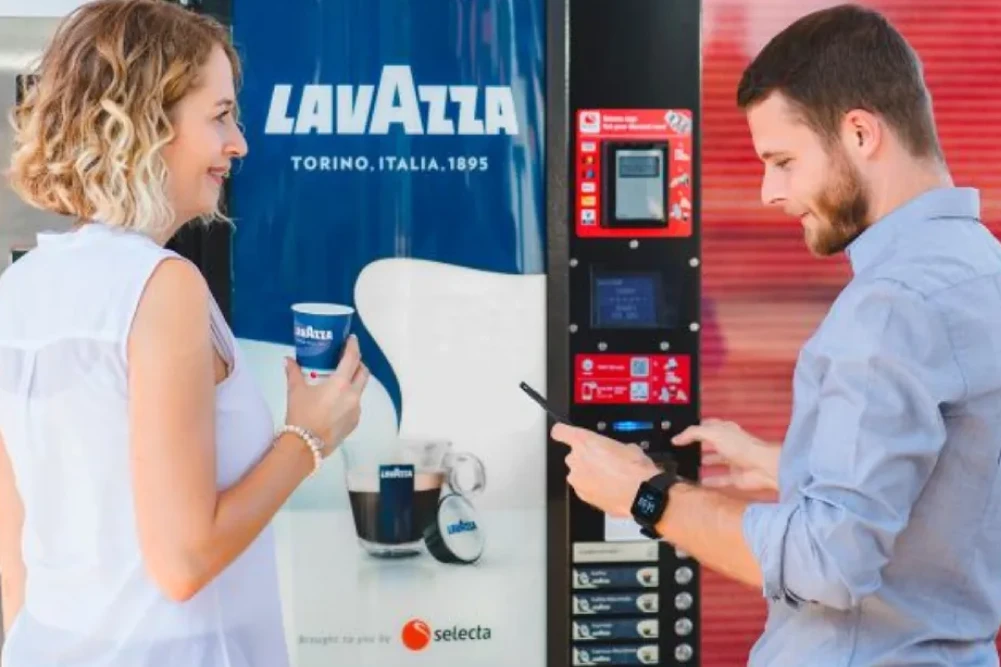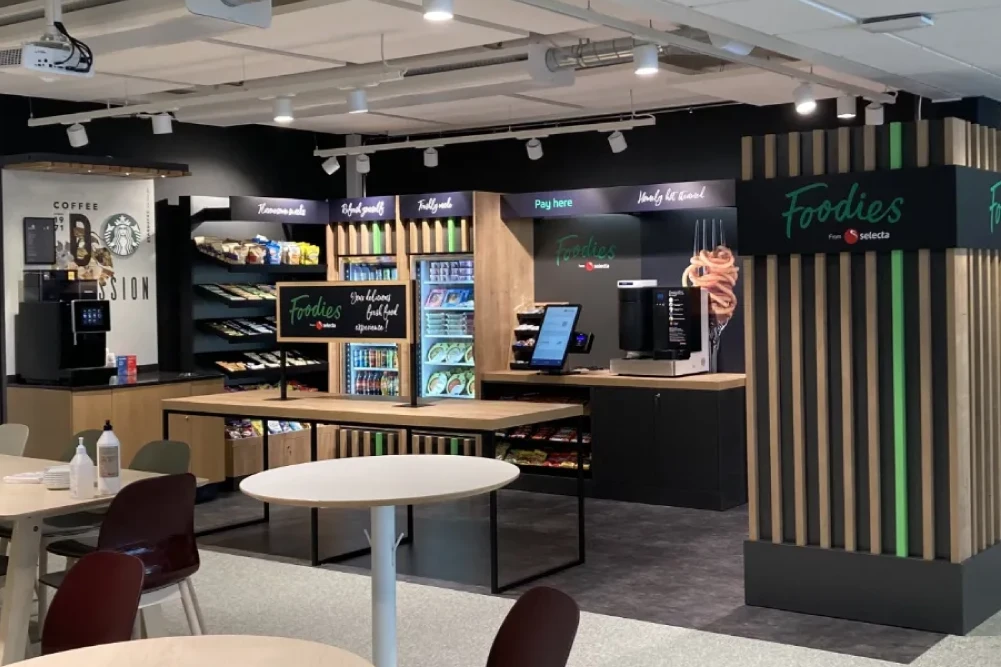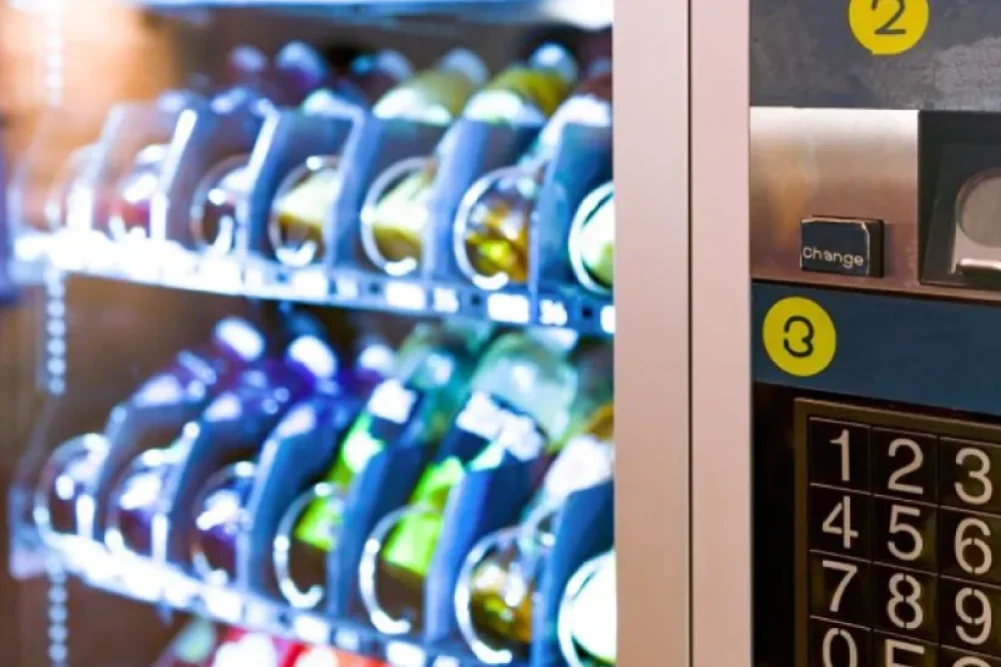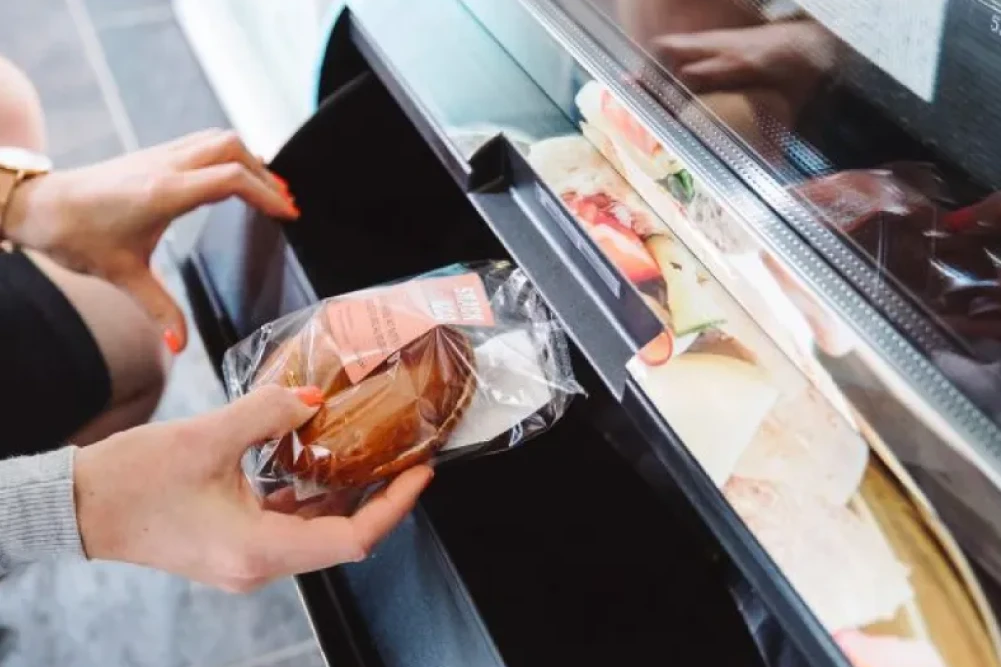- Home
- Food Technology and Vending Guides
- Corporate Enterprise Catering & Vending Guide
Corporate Enterprise Catering & Vending Guide
Understanding and planning for catering solutions within an enterprise can be a hard task. Knowing how staff interact with catering technologies, and how food affects productivity can assist management teams in planning the perfect solution for a business.
In this guide, we’ll discuss the types of consumer needs that arise from enterprise catering, as well as site needs, health & safety requirements and examine how technology can develop effective catering solutions for the modern business.
Enterprise Consumer Considerations
When running a desirable catering offering within a company, there are two main types of clients that will be making use of the services:
Staff
Because staff populate the office most of the time, they’re a fundamental beneficiary of catering services. Everyone from office workers to managers and even cleaning staff make use of crucial catering services daily. Businesses must consider factors for their staff including:
Variety — A healthy array of snacks that support productivity and health are essential to keeping workers on-task and productive.
Pricing — Because they work in the building and encounter these catering solutions daily, food needs to be affordable.
Location — If an office building is particularly large, multiple catering points can improve accessibility to foods and limit long queues and travelling times. As they’re self-service, they can be left alone and used 24/7 — perfect for round-the-clock employees and those staying late.


Guests
Aside from employees, any guests and visitors may also want to make use of a business’s catering services. Any one from potential clients, interviewees, site tradesmen or external employees will also need access to catering during their visits. For guests, businesses need to consider:
Creating a positive experience — A pleasant experience is important for a guest above all else. They need to feel welcomed and respected within an organization they’re visiting.
Usability — Ease of use is another important factor for guests — all catering solutions must be easy to use to avoid delays and frustration.
Accessibility — Catering solutions must also be easy to find to avoid guests becoming lost or confused.
Enterprise Site Considerations
Every office space is different, and when it comes to corporate catering, it’s important to understand the needs of employees and guests. Below are several key considerations to keep in mind when planning a corporate catering scheme:
Are any vending machines or Micromarkets obstructing fire exits? — In addition to breaching fire safety codes, they could heavily restrict a workforce’s ability to leave the building in the event of a fire. It’s recommended to keep any large objects well away from fire exits.
How easy to access are the machines? — This is especially important in large buildings with multiple floors. Limited access to catering may mean some employees have to travel further to access food. Catering solutions must be available across each floor. This is especially important to improve disabled access to catering solutions and reduce congestion at catering sites.
How to handle logistical hiccups — Logistical issues — like deliveries and managing shipments — are another concern. Any vending machine or catering solution needs to be regularly restocked with as little impact on company workflow as possible. This means resupply staff need to be able to restock goods in a way that doesn’t obstruct hallways or create too much noise.

Health & Safety Considerations
When dealing with food, health & safety should top priority for any catering manager. While food poisoning is an obvious complication to avoid, there are also physical aspects of health & safety, like site traffic and fire safety. Below are several health and safety considerations that need to be considered before enacting any catering plan.
Food management — Cross-contamination should be avoided at all costs, and an effective stock rotation plan must be put in place to avoid the risk of selling out-of-date stock.
Food safety — It’s both unethical and unsafe to avoid labelling products with common allergens in them, such as goods with nuts or gluten products. Likewise, making vegan and vegetarian options available is essential for making sure employees and guests don’t feel excluded based on their dietary preferences.
Machine placement — In order to avoid fines for health and safety breaches, technical solutions must not obstruct fire exits or impede emergency services in the event of a crisis.

Cost Considerations
Costs are an important aspect of business catering sustainability. Cutting costs where possible can help the company save precious revenue that can be used for future growth. Costs can be affected by:

Energy use — If the energy cost is too high, it may be important to limit the number of on-site vending machines or approach vendors that have the machines with energy-efficient features, like compartmental cooling and low-power modes.
Restocking costs — Understanding how many times machines will need to be restocked, and the cost of the products gives a company a better idea of the overhead costs incurred managing catering options.
Unit costs — Whether you’re buying, leasing or renting units will affect the cost of technical catering solutions. Buying often top-loads the prices with a larger upfront cost whereas renting lets businesses spread the cost more evenly over time.
Sustainability considerations
Every aspect of a business should be operating in the most environmentally friendly manner possible, and catering is one of the key areas that need to be supervised. Carbon footprint can be lowered by:
Considering waste — It’s essential to look at sustainable, biodegradable packaging, that also properly protects stored food. This cuts down on the amount of waste that needs to be recycled or shipped off to a landfill.
Improving energy efficiency — As well as reducing cost, technical catering solutions that boast energy-saving features also reduce the output of carbon emissions.
Offering a range of options — As modern day micromarkets and machines offer a broader range of food — including vegetarian and vegan options — they can be used to promote a less environmentally-damaging lifestyle.

Enterprise Catering Regulations
Adhering to catering industry the — not following these regulations could result in fines, business sanctions or worse. Below are the regulations businesses must remember when planning catering solutions for a workspace.
Natasha’s Law
On the first of October 2021, the regulations around packaging for direct sales, food labels were changed. This new law covers all pre-packed food and drinks for use on-site. All pre-packaged food must display ingredients, allergy, intolerance and nutritional information and manufacturing details clearly for all to see. These labels must contain the name of the food, and a full ingredients list for the product, with the 14 EU-regulated allergenic ingredients emphasised.
EU regulations
It’s important that businesses consider EU catering regulations when sourcing food and drinks suppliers to fill their machines, micromarkets and self-service offerings. Specifically, catering managers should consider these EU regulations:
EC 852/2004 — Catering managers must ensure that any self-service catering solutions are compliant with all aspects of food hygiene including storage, temperature control food waste and personal hygiene.
EU 1169/2011 — Catering managers must consider the sourcing products that accurately and clearly display food information on the packaging including the labelling of allergens, nutritional information, ingredients lists and product origin information.
GDPR compliance — Those interested in catering solutions must check that companies providing them are GDPR compliant — safeguarding things like client and employee data.
At Selecta, we cater to several industries, including the business sector. For more information on the range of products we offer, get in touch!

-min.webp)

